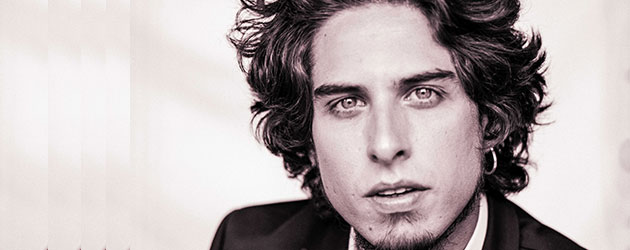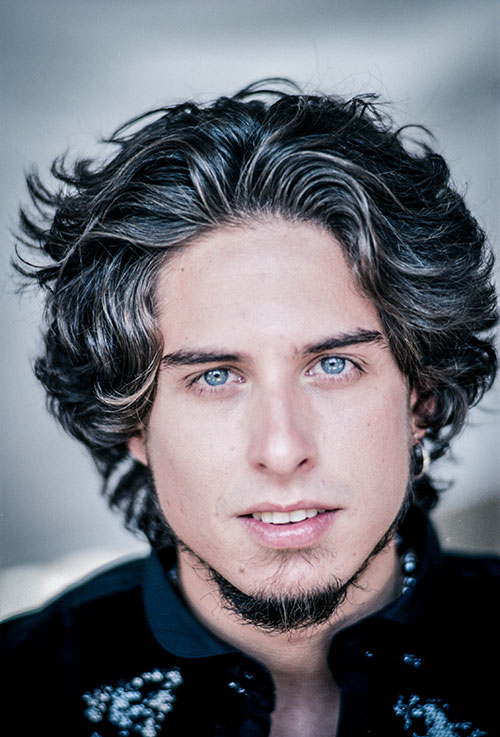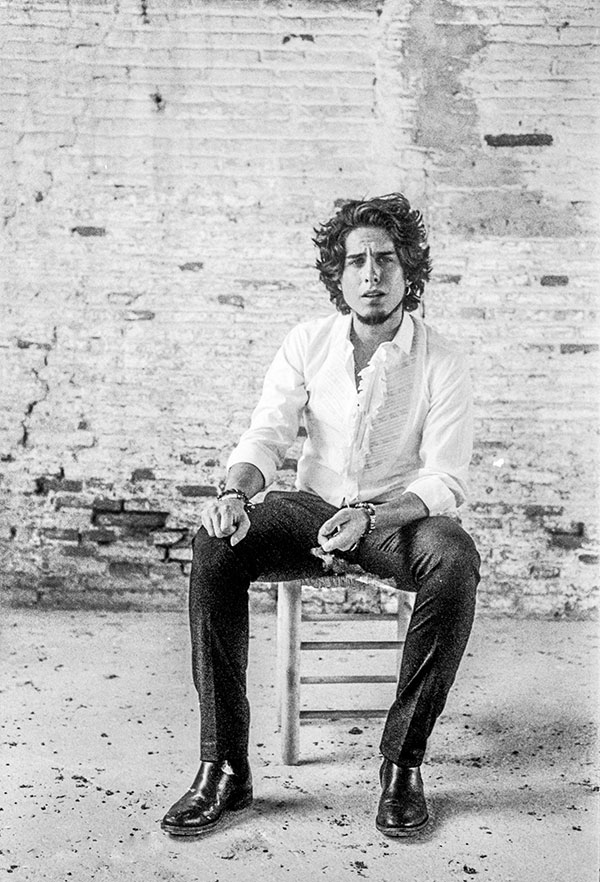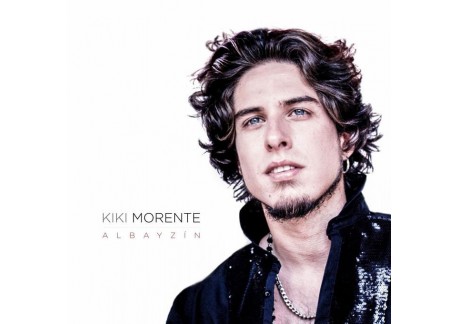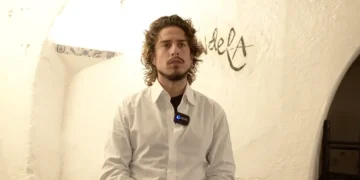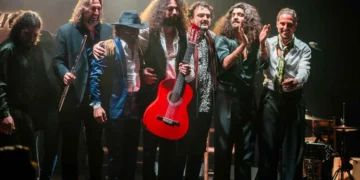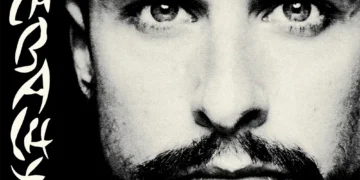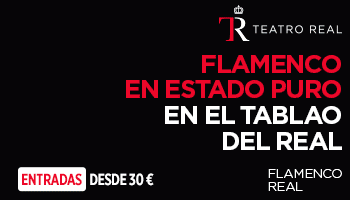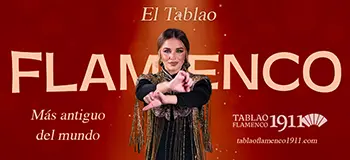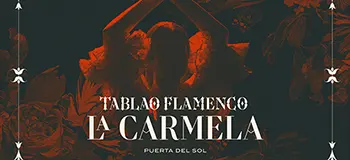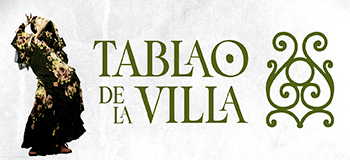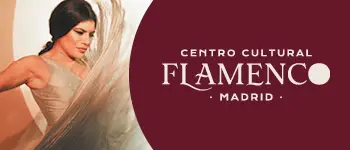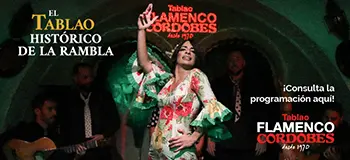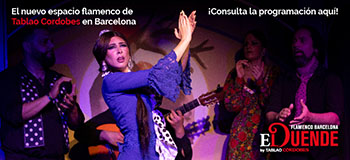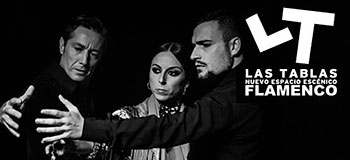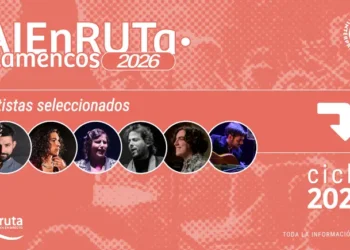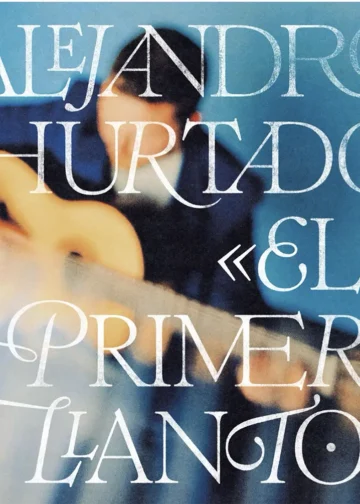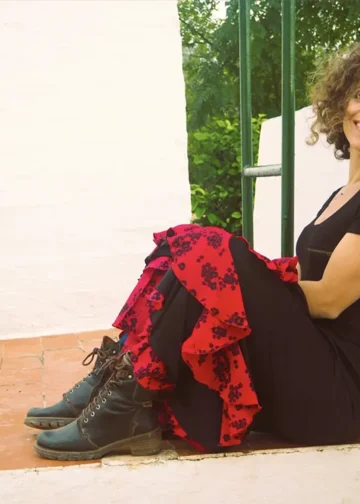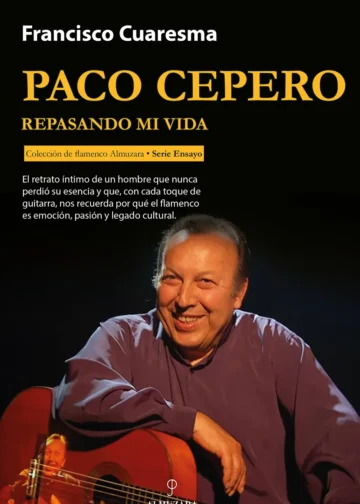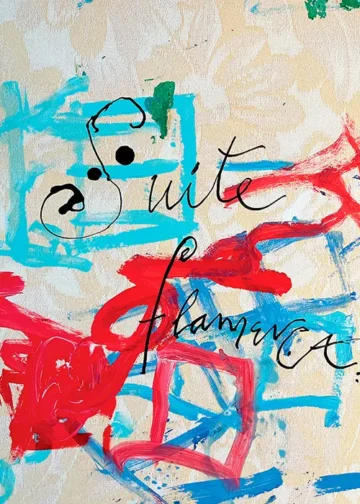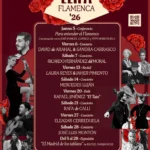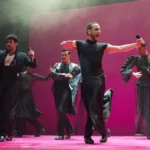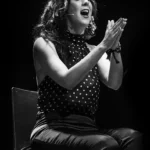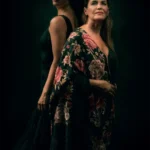Sara Arguijo
Photos: Alex Rademakers
The youngest member of the Morente clan presents «Albayzín», a record in which he defends the accent of his hometown of Granada, and with which he will tour throughout Spain.
He arrives apologizing for the times we tried, unsuccessfully, to set up this meeting, and after several question he has no choice but to admit he’s a pampered boy of the industry and of flamenco. Although, he either manages to cover it up, or in fact José Enrique Morente Carbonell “Kiki Morente”, doesn’t seem to let himself get carried away by all the admiration, inclining to show cautious prudence that only disappears momentarily when he inevitably lets a little sarcasm slip out.
In other words, despite his surname, or precisely because of what it implies, the singer avoids ideas set in stone or which are sterile controversies, and constantly defends the concept that “flamenco is a quest”, thus situating himself in the safest and most distant position: “that of respecting everyone”.
In this way, Kiki reflects a certain apathy or indifference towards everything that distracts him and also any suspicion of vanity that might fall upon someone who had “Omega” as a lullaby and who has seen intellectuals of all stripes pass through his house. All because, in reality, his most immediate goal is to “sing what I feel and do so in flamenco places”.
A line from which is born “Albayzín”, the first record of his to hit the market and in which he lays out his origin and legacy with a repertoire of granaína, bulerías, tangos, fandangos, soleá, sevillanas, polo and tarantos.
“I gave up the guitar because with singing there’s nothing to lug around, it’s always with you”.
-What has Granada given your singing, and what have the Morentes given Granada?
-I suppose it’s mutual. My father was a Granada man through and through, and he carried that in his singing like a flag. This devotion was transmitted to all of us in the family, we’re all in love with Graná. We’ve inherited those tangos, that color of the zambra, and wherever we go, we have Graná in our singing.
-Do you think Granada flamenco is sufficiently valued?
-The nice thing is that each place has its accent, and in each area there are forms that have their own identity. In the case of Graná, there’s that aroma of canastero tangos, the color of the zambra I was talking about… Then, some of us follow through on that, and other times we forget, because we want to look for other things…but we also try to make it happen. And furthermore, it comes from the soul. Tangos are like our rumba or our bulería.
-En “Albayzín” your hometown is present as well as people from the inner circle, like Juan Habichuela Nieto, with whom you continue to keep the union of the two families alive.
-It’s a very nice thing, because ever since we were small, we started out together, and Juan was one of the first who encouraged me to sing, because I played the guitar. We would go to Eshavira, a jazz and flamenco club in Granada, and I dared to try a few things. Ever since then, we’re together. It’s a gift for me to have him by my side, he’s my right-hand man on stage, and we’ve got a huge project together that will soon come out, God willing.
“Juan Habichuela Nieto is my right-hand man on stage. We grew up together and it was he that encouraged me to sing”.
-And do you still study guitar?
-I try to always take it with me, play it at home for a while, but it’s true that now I’m more concerned about the singing. It’s complicated to do both things at the same time because, in the end, you have to give up your life and devote all your strength and will-power. Also, the guitar, you have to be lugging it around, but singing is always with you [laughter].
-You inherited a lot of friends from your father who participate in the recording, do you feel a little spoiled?
-In a certain sense, yes, because I have a lot of warmth from flamenco fans which is actually for my father, but on the other hand, I also inherited a lot of enemies. You inherit everything.
-So do you feel under more pressure for being a Morente?
-There’s a kind of sense of responsibility to try follow the path of singing that’s in my family. It’s as if suddenly a bakery which has been run by several generations, and a great-grandson comes along and decides to close it and open a tobacconist’s. It would be a shame to throw out that baker’s oven.
“I feel the responsibility of following the path of singing that’s in my family. It would be a shame to throw out that baker’s oven”.
-In this sense, what comments have there been about the record?
-A little of everything, because people who were closer to my father say they expected something more daring, and then there are people who think it should have been more pure flamenco. In any case, the important thing is to listen to everyone, and you find your place accordingly, depending also on what day of the week it is.
-So, what kind of flamenco does Kiki Morente identify with?
-I make it my business to search, to listen to the old masters, to the great singers of the history of flamenco. And then, of course, my peers, people of my generation and older… Arcángel, Poveda, Pitingo, El Granaíno, Rancapino Chico and Israel Fernández, who’s up and coming, and Rosalía…people who dare to do new things.
-And other kinds of music?
-Also…I listen to everything. I especially like Brazilian music, fado and Manuel de Falla.
-What does a singer have to have to be moving for you?
-That they like what they do, that they dig around in the forms and sing from the heart.
-Do you agree with people who say the hardest thing for an artist is to find their personality?
-It’s possible. Flamenco has a lot of searching involved, listening to the old singers and learning the lesson. Respecting the old-timers a lot, and bringing all that to your own personality. This is complicated, but if you do it with heart, I suppose it’s easier.
“Flamenco has a lot of searching involved, listening to the old singers, learning the lesson and bringing all that to your own personality. In order to communicate, you have to be at ease singing what you feel”.
-I get the feeling you don’t like to get involved with things, have you decided not to let yourself be influenced by others?
-It’s that otherwise, what else can you do? In order to transmit, you have to feel at ease singing what you feel, to learn as much as possible and then bring all that into your own terrain, of course. You have to respect everyone, people who do things as they feel them. Whoever wants to listen to them, fine, and whoever doesn’t, well, don’t.
-So do you care more about public opinion, the critics or your family’s opinion?
-It’s all important to me, of course. It would be crazy to say I didn’t care at all. Of course I like to be congratulated, but I do try to keep from encouraging empty praise. I try to work hard and feel as good as I can with myself.
-And what are you thinking in your concerts nowadays?
-That’s the most enjoyable part, because on the days preceding, you prepare with your group, you rehearse and arrive full of expectation. Performing live is where you can most see the truth, where you have the best time and where you make that connection with the audience which is what makes you feel alive.
“From my father I inherited the warmth of flamenco fans, but also the enemies”
-I don’t suppose you’ll want to get into what is and is not flamenco, especially having mentioned Rosalía, who’s at the epicenter of this controversy…
-Like I said, I stay out of it and try to follow my own path. Birds of a feather, flock together. [Laughter]
-Is this the philosophy behind morentism? How would you define it?
-Morentism is being a fan of flamenco singing, starting with my father, because of his work, his history and the way he had of seeing flamenco.
-Besides flamenco, what other things do you like?
-I like Netflix, football, bullfights, Holy Week and women [Laughter]. I’m very well-rounded.
-What about Play Station?…a lot of flamencos are hooked, and also on Donettes…
-[Laughter]. Well, that too, but don't put it…[Laughter].
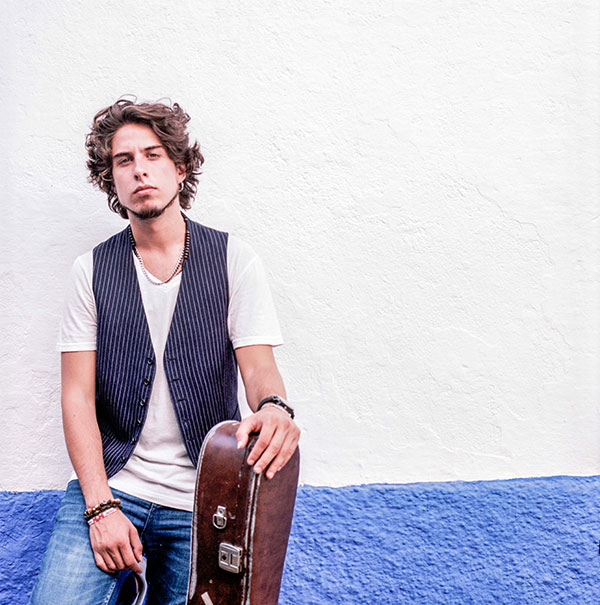
Descubre más desde Revista DeFlamenco.com
Suscríbete y recibe las últimas entradas en tu correo electrónico.


